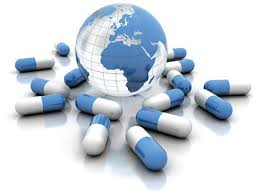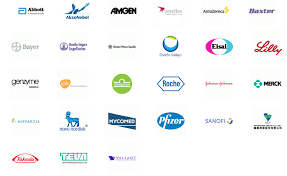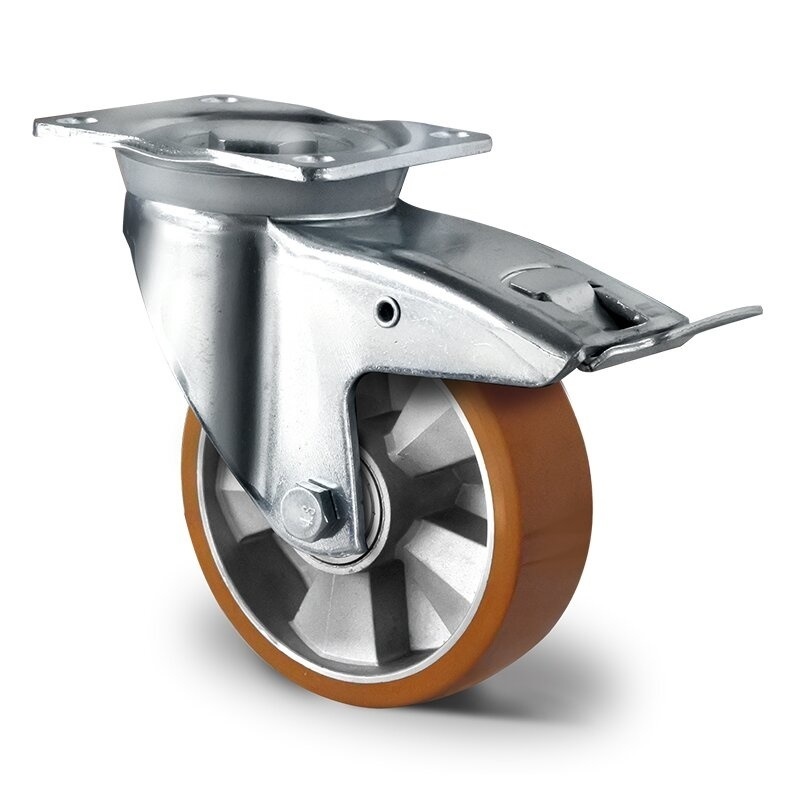The answer to the question is a complex one. In a nutshell, they invest a lot of money in research and development of pharmaceutical products, which they then sell to people to treat various diseases. Pharmaceutical companies also spend a great deal of money on advertising, research, and development of new drugs to treat various conditions. To be able to sell their products, they need to collect medical data from patients. Find out more about Paid Clinical Trials by visiting a site like www.trials4us.co.uk
The majority of these pharmaceutical companies manage the distribution of their products to drug wholesalers, specialist pharmacies, hospital chains, and government entities. Rarely do they distribute directly to consumers, but they do supply drugs to self-insured employers with on-site pharmacies. In addition, pharmaceutical companies pay huge amounts of money in rebates and chargebacks to pharmacy benefit managers, which in turn encourages them to approve or cover more expensive drugs.
Pharmaceutical companies are responsible for life-saving drugs. They develop infrastructures and test medications to ensure safety. They help cure illnesses and treat common diseases. They also support research and development through regulatory agencies such as the Medicines and Healthcare Products Regulatory Agency. But how do these companies make money? In the short term, their work is not all that glamorous – it’s hard to imagine what they do for a living. While these companies might appear to be a glamorous bunch, their jobs are not without risk.
Fortunately, the pharmaceutical industry does have a number of strategies to help them retain their market share. Many companies invest their resources in research and development, and a portion of these funds goes towards manufacturing generic compounds. These generic drugs compete with patented drugs when their patents expire. The pharmaceutical industry tries to prolong the exclusivity of its products by denying them generic competition. However, this can delay the introduction of generic drugs by years.
The pharmaceutical industry spends a lot of money on research, but they are not always successful. Despite this, the industry makes more money than it spends on research. Many companies spend more money on marketing than they do on R&D. In 2011, Pfizer spent over $19 billion on research and development.
Despite the huge profits that these companies have made in the last decade, the industry has been suffering from a lack of innovation in recent years. As a result, pharmaceutical companies have struggled to produce new products and innovative medicines. And that is not the only problem facing the pharmaceutical industry: the lack of innovation.





